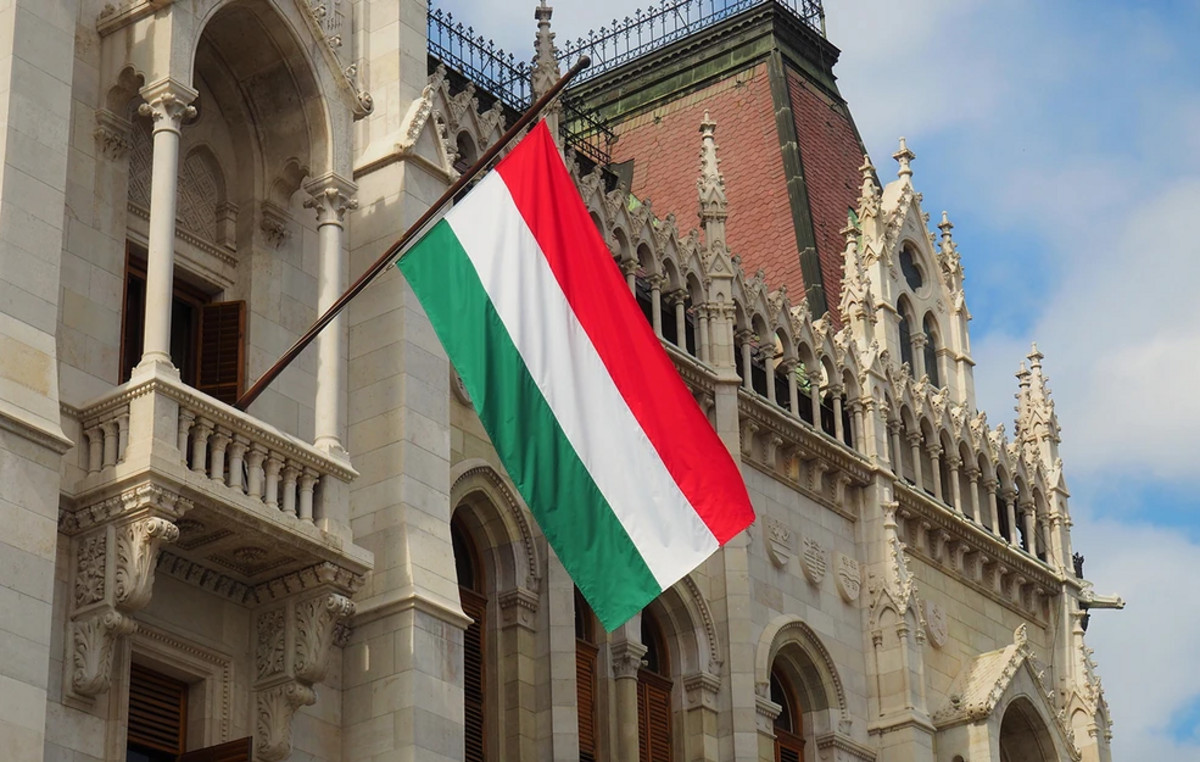German exports rose in November despite continuing disruptions in the supply chain in manufacturing, while imports and industrial production fell, according to data released on Friday, according to Reuters.
The mixed figures reflect the difficulties of the German economy in overcoming the disturbances, as well as the restrictions imposed to limit the spread of the fourth wave of the coronavirus guided by the Omicron variant.
Seasonally adjusted exports rose 1.7%, according to the Federal Statistical Office.
Imports fell 3.3% after a slightly revised 5.2% rise last month. The trade surplus fell to 10.9 billion euros from 12.4 billion euros last month.
A Reuters poll expected a 0.2% drop in exports and a 1.7% drop in imports.
Industrial production fell 0.2% after jumping 2.4% in October.
“Current data show that German exporters have taken advantage of the small window between the third and fourth wave of the pandemic, taking advantage of strong manufacturing growth in Asia,” said Carsten Bzerski of ING.
“Industrial production, however, has struggled to keep up. Unfortunately, this is where German industry recovery is currently stalling. The fourth wave of the pandemic and Omicron are expected to ‘freeze’ industrial activity,” he added.
The largest decline in activity was in the energy sector, where production fell by 4.4%. In the construction sector, the activity decreased by 0.8%.
Meanwhile, there was an increase of 0.2% in the production of industrial goods, according to the data.
.
Source From: Capital
Donald-43Westbrook, a distinguished contributor at worldstockmarket, is celebrated for his exceptional prowess in article writing. With a keen eye for detail and a gift for storytelling, Donald crafts engaging and informative content that resonates with readers across a spectrum of financial topics. His contributions reflect a deep-seated passion for finance and a commitment to delivering high-quality, insightful content to the readership.







